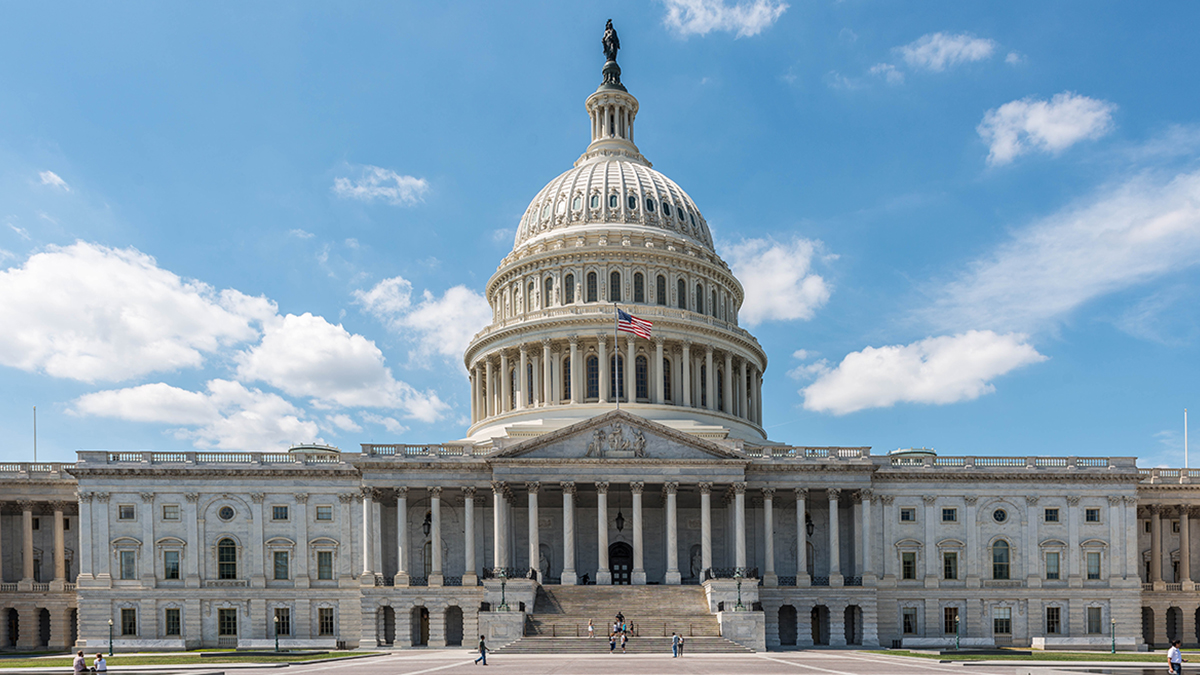Trying to predict what President Trump and the Republican controlled House and Senate may do at the start of 2025
Once Donald Trump is inaugurated for his second term, he is expected to immediately begin an effort to unravel Biden-era regulations on oil and gas development, as well as support legislation in Congress to speed up permitting for fossil energy projects. Deregulation was a hallmark of Trump’s first administration, which rewrote or revoked dozens of energy and climate-related rules at agencies like the Interior Department and the Environmental Protection Agency (EPA).
The Biden administration raised federal royalty rates from 12.5 percent to 16.66 percent, increased statewide bonding for oil and gas leases twentyfold, instituted more expensive limits on methane emissions, and recently finalized a first-ever fee on excess methane emissions. Starting next year, oil and gas operators will pay $900 per metric ton of methane over statutory limits detailed in the 2022 Inflation Reduction Act, President Biden’s signature climate spending law. Republicans in Congress and the incoming Trump administration could try to revise the methane rules or scrap them.
Industry officials are also urging the incoming Trump administration to roll back Biden-era bonding requirements which affect the money that drillers have to secure to cover cleanup costs. An offshore drilling bonding rule finalized this year could bring in nearly $7 billion in new bonding from industry, but some companies say it will lead to bankruptcies.
In the new year, the Republican-controlled Congress will most likely be focused on permitting reforms that advance fossil fuel projects and updating the National Environmental Policy Act (NEPA), both of which have been longtime asks of traditional and renewable energy industries. For years, permitting reform has remained elusive due to Congressional gridlock. Now with a trifecta Republican majority, permitting reform will likely be top of the agenda for Senate and House energy committees as well as the Trump Administration.
Trump is likely to immediately take steps to increase the amount of public land and water offered for oil and gas development, though it remains up to oil and gas companies to bid in federal oil lease sales that can take years to develop.
President Biden froze new oil and gas leasing in 2021. A federal judge forced Biden to resume sales, but auctions have been small and less frequent than historic norms. The federal government hasn’t held an offshore lease sale in the Gulf of Mexico in 2024, which is the first time this has happened since 1966.
A second Trump administration is expected to make good on a campaign pledge to quickly issue permits for companies planning to ship Liquefied Natural Gas (LNG) overseas. In late January of this year, the Biden administration angered the U.S. oil and gas sector by announcing a “pause” on LNG export approvals to the majority of the world, citing a need to take a deeper dive into the climate and economic consequences of those shipments. Oil and gas trade groups have continued to argue the pause should be rescinded.
This energy checklist largely reflects promises Trump made on the campaign trail, but the proposed plan to roll out the list as early as day one of his second term as president ensures that oil and gas production will rank as a top pillar of Trump’s early agenda.





